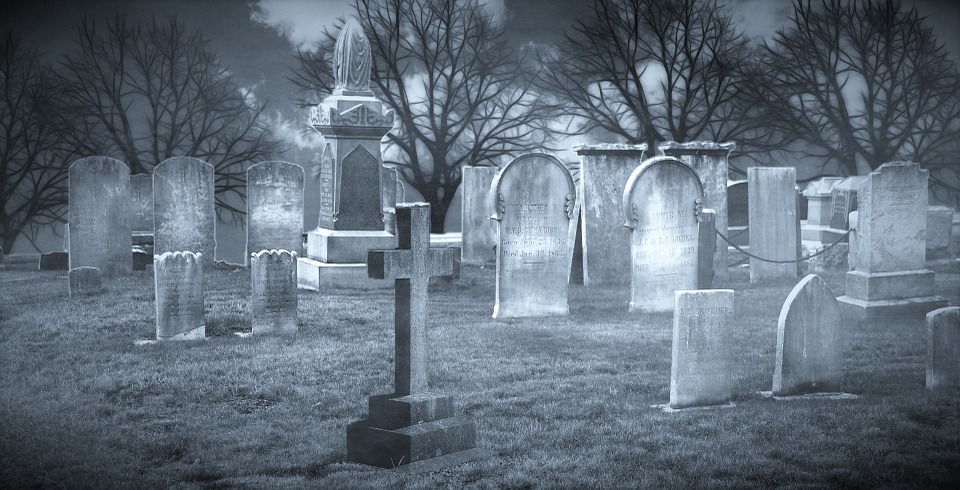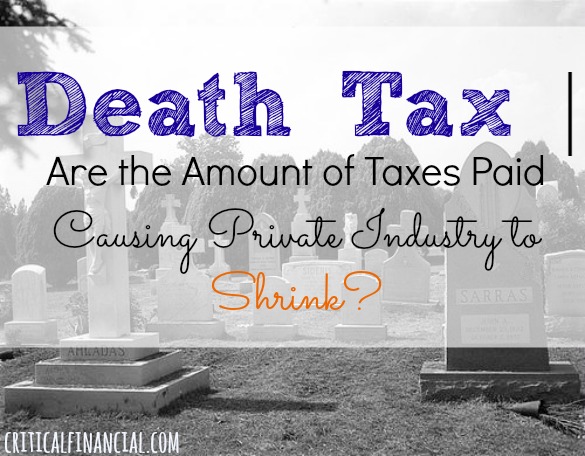
The ongoing battle on Capitol Hill over the rate and extent of the inheritance and estate tax illustrates well, the very mixed feelings that both lawmakers and average Americans have about the principles behind taxing what hard workers leave to their family and friends.
The so-called “Death Tax”, named for the levy that has ranged up to 55% on the inheritance that people pass onto others upon their death, has been set temporarily at 55% on assets over $1 million. As Congress wrangles over the reach of the IRS and the amount of taxes paid by working Americans, that rate could go up, down or become extinct, depending on who grabs power in the fall of 2012 and what kind of mood the electorate is in. Most polls show that the majority of the House of Representatives supports a repeal of this tax, which reflects surveys that indicate about 2/3 of Americans are in agreement with the eventual death of the death tax. The federal government only began taxing estates in 1916, so the nearly-century long experiment is still being hotly debated.
If you reflect long enough on the ethics of an inheritance tax, you could end up in some interesting moral universes. For instance, is it moral to tax someone when they are unable to argue against the tax? Is it ethical and right to almost discourage hard work and thrift by imposing a huge levy on those wealthiest Americans who have labored long hours, saved their fortunes and desire to pass them on to their children?
Free to pass on their hard -earned fortunes
A lot of your response to the above question depends on your view of the role of government. Should the government in fact “level the playing field” for those who are less fortunate and fatten the national tax income with a hefty death tax? Or, should the amount of taxes paid by Americans be less, and they be more free to pass on their hard-earned fortunes to their prodigy without government interference?
Allows the rich to escape taxation
Supporters of the inheritance tax point out that it restores a fair progressivity to the U.S. tax system when weak-willed politicians are not able to, and that taxing a windfall is far superior than taxing hard-earned income. The amount of taxes paid from estates, the fewer taxes that have to be drawn from hard-working Americans who are still living and working, the thinking goes. In short, heavily taxing a huge inheritance is a fair and just move that does not allow the rich to escape taxation on their massive wealth, and it restores a sense of justice to a tax system that seems to favor the wealthy all too often. Because the first $1 million is exempt, pro-tax voices point out that only the super-wealthy are affected, and they can handle the hit, it is supposed.
De-motivates people from saving
motivates Critics of the tax state that it de-motivates people from saving, cripples small businesses and farms, and slows down the economy in yet another way. These critics say that the estate tax makes it much harder to pass down small family farms, for instance, in that the tax so severely penalizes the inheritor that s/he will have little to work with in keeping the farm going.
These death tax opponents also point to thousands of case studies showing that the tax in fact caused small businesses to be liquidated because the owner(s) had not saved enough to pay the tax upon his/her death. In this way, the tax is excessively punitive and another foe of important small enterprises.
The final, perhaps most powerful, argument on the anti-tax side is that it takes more than $1 trillion out of the economy today and puts it into government coffers. Again, those who do not have great confidence in government use of money will always argue that any amount (and certainly $1 trillion!) is best left in the hands of private individuals.
Some would add that it is truly immoral to tax the deceased, who are unable to appeal such harsh measures and are probably weeping in the afterlife as businesses and fortunes are decimated by the heavy penalty.

